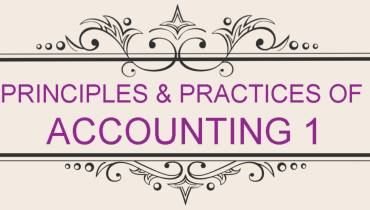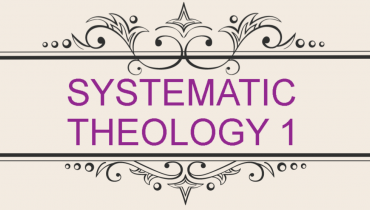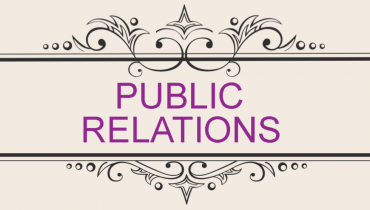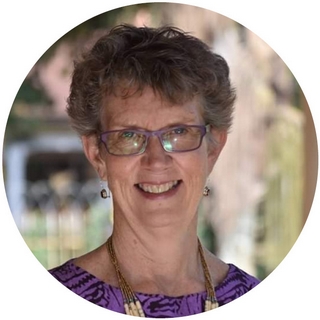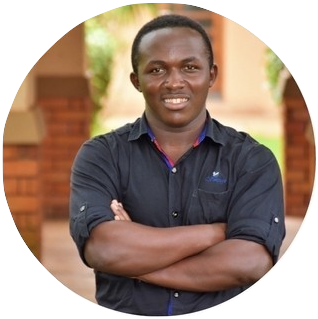Actually, that is another challenge. In Uganda, the therapist does not give the family a prognosis or diagnosis by asking if they understand their child's diagnosis. When they tell me, what the problem is, then I explain it to them. As you know, recently I asked you if that was culturally inappropriate, I do not want to be disrespectful and breed further mistrust in the medical community.
In addition to that challenge, we need more therapists. A new programme at Mbarara University is graduating some amazing students with a bachelor’s degree, thereby raising the level of education within the country. Physiotherapy students are even taking some of their preliminary classes with medical students. I hope that as classes continue, physiotherapy students learn by seeing patients with medical students at the hospital. Doctors will also learn more about physiotherapy. As the demand for physiotherapy goes up, there shall be more physiotherapy available.
